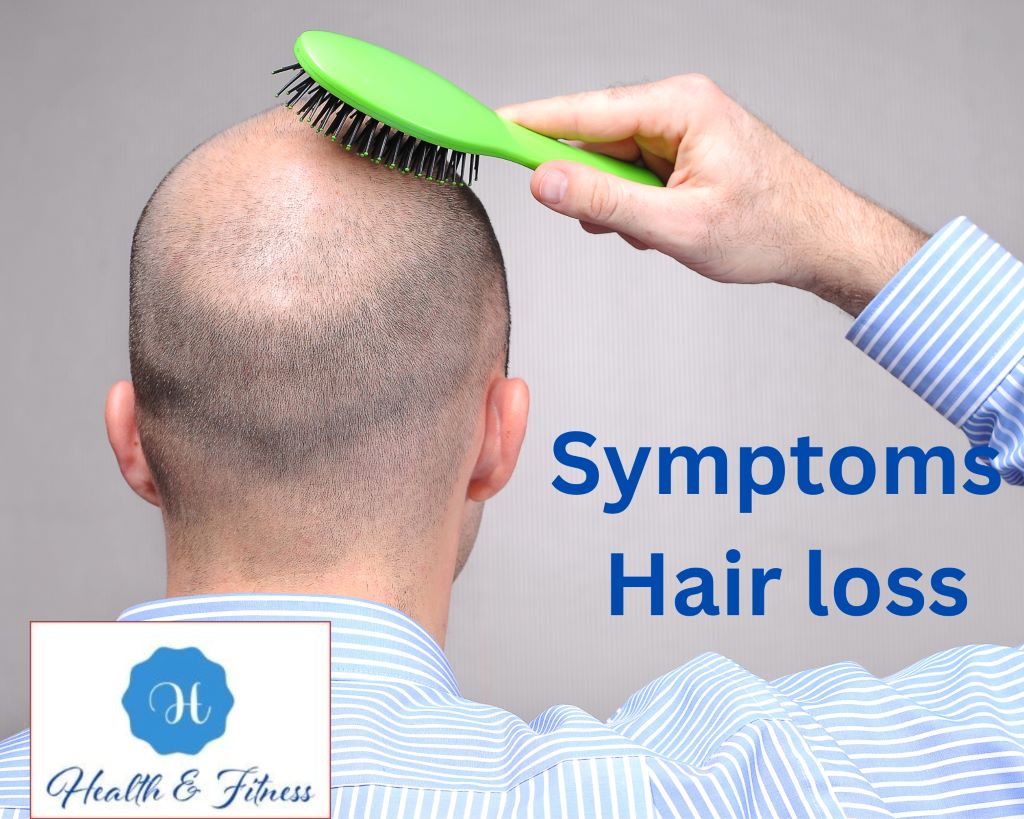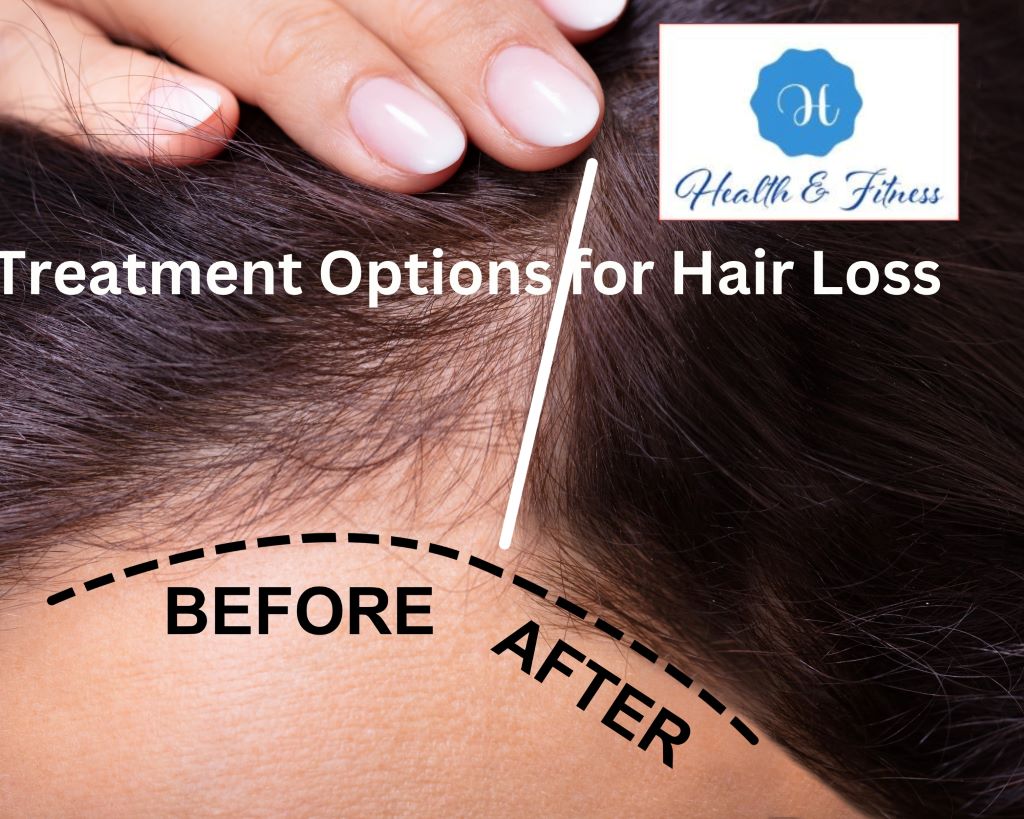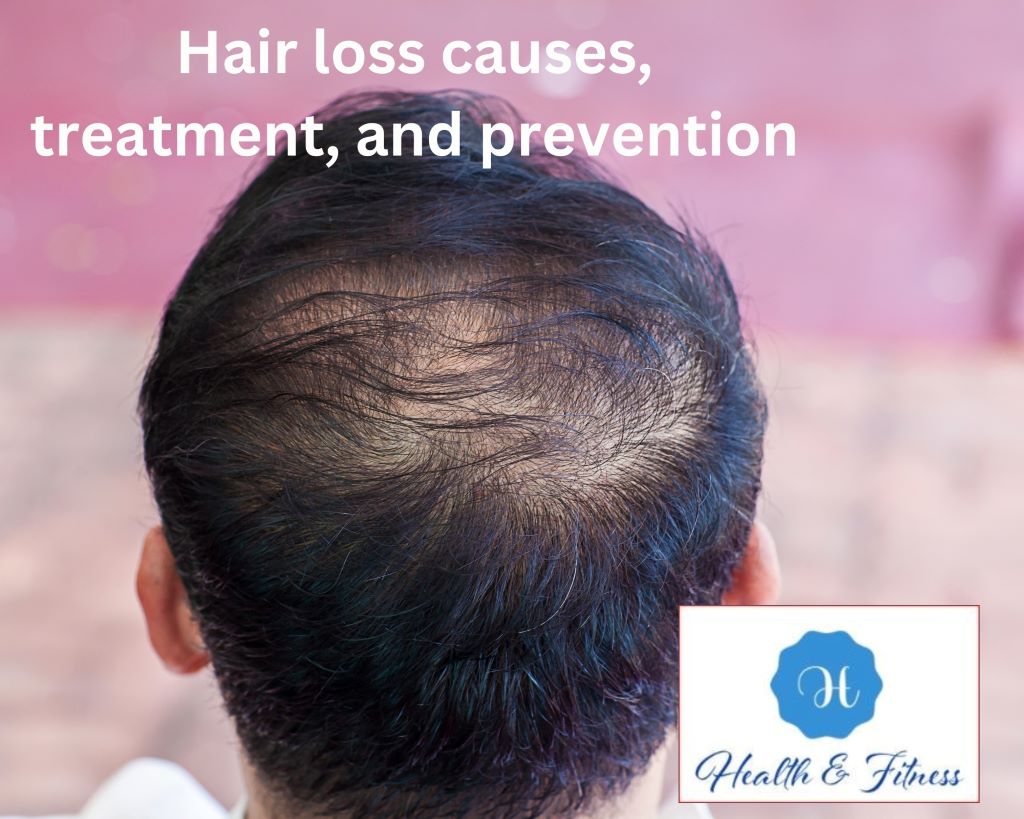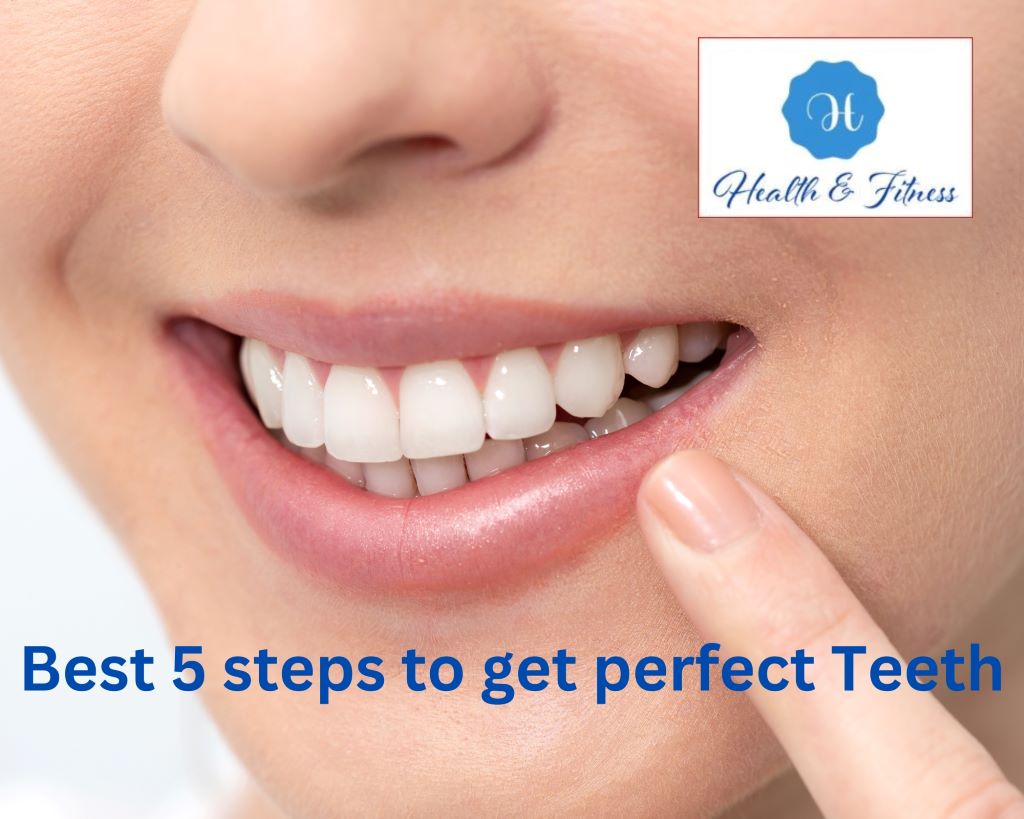Understanding Hair Loss: Its Causes, Remedies, and Prevention Methods
Unlocking the Secrets of Hair Loss: Understanding the Causes, Treatments, and Prevention Strategies”
For many people, hair is more than just a physical feature – it’s a crucial part of their identity and self-esteem.
Whether it’s the length, color, or style, hair can reflect one’s personality and impact how one feels about themselves.
That’s why hair loss can be so devastating for those experiencing it.
If you’ve noticed thinning hair or balding spots, you must understand you’re not alone.
It affects millions of people worldwide, and various factors can cause it.
The good news is that treatments and preventative measures are available to help manage and even reverse hair fall.
This article provides comprehensive information on hair loss, including its causes, treatment options, and prevention strategies.
By the end of this post, you’ll better understand what’s causing your hair to fall and what you can do about it. So, let’s get started.
Table of contents
Symptoms
Causes
When to see a doctor
Treatment Options
Prevention Strategies
Symptoms of Hair loss

Hair loss causes Remedies It’s important to note that experiencing one or more symptoms does not mean experiencing hair loss. If thinning hair or other changes to your hair have you concerned, here’s what you need to know, it’s best to speak with a medical professional who can help diagnose the underlying cause and recommend the best course of treatment.
1- Thinning hair
One of the most common signs of Thinning hair is a noticeable hair thinning, particularly around the crown or top of the scalp.
2- Receding hairline
Men may notice a receding hairline, while women may experience a widening of the part in their hair.
3- Bald patches
Some people may develop bald patches on the scalp or other body areas.
4- Excessive shedding
Hair shedding is a normal part of the growth cycle, but excessive shedding can signify hair loss.
5- Lack of hair growth
If you notice that your hair is not growing back after shedding, or if you see a lack of new hair growth, this may be a sign of Hair damage.
6- Itching or burning sensation:
Sometimes, hair loss can be accompanied by itching or burning sensations on the scalp.
Hair Loss Causes:

The best therapy for hair loss depends on identifying the root cause, which can be complicated by the fact that there are multiple potential triggers.
Some of the most prevalent reasons for hair thinning are as follows:
1- Genetic hair loss
This type of Hair damage also referred to as androgenetic Alopecia, is passed down through families and affects both males and women. In men, it’s characterized by a receding hairline and balding at the crown, while in women, it often leads to thinning hair all over the scalp.
2- Hormonal hair loss
Hormonal changes can cause hair fall, like when a woman is pregnant or going through menopause. In addition, conditions such as polycystic ovary syndrome (PCOS), which can contribute to excess androgens, can cause women to experience hair loss.
3- Inflammatory hair loss
Autoimmune alopecia areata causes patchy hair loss. It can cause total head Hair damage (alopecia totalis) or body hair loss (alopecia universalis)
4- Stress-related hair loss
Emotional or physical stress can lead to temporary hair loss, usually reversible.
5- Poor nutrition
A lack of proper nutrients, iron, and protein, in particular, can contribute to hair loss.
6- Hairstyles
Hairdos that are too constrictive and cause breakage; putting your hair in dreadlocks or cornrows too tightly can lead to traction alopecia, a form of hair loss.
7- Age
As we age, hair follicles shrink and produce thinner, shorter hair strands, which can lead to hair thinning and eventual hair loss.
8- Environmental factors
Exposure to pollutants, chemicals, and UV radiation can damage hair and lead to hair loss.
9- Medical conditions
Certain medical conditions, such as thyroid disorders, scalp infections, and skin conditions like psoriasis, can cause hair loss. Some chronic illnesses and autoimmune disorders can also cause hair loss as a symptom. It’s important to note that multiple causes of hair loss may happen simultaneously and that a medical professional can help determine the underlying cause and recommend the best treatment. In summary, Several variables, such as heredity and hormonal shifts, have been linked to hair thinning and loss, autoimmune disorders, stress, poor nutrition, and certain medications. Understanding the underlying cause of hair loss is key to determining the best course of treatment.
When to see a doctor about hair loss:
It can be a common and natural occurrence, but sometimes, it may show an underlying medical condition or require professional intervention. Here are some situations in which it is important to see a doctor about Hair damage:
1- Sudden or severe hair loss
If you notice a sudden or significant amount of hair loss, the importance of getting checked out by a specialist cannot be overstated. A medical problem or a drug reaction could be to blame for this symptom.
2- Family history of hair loss
If hair loss runs in your family, it is important to monitor your hair health and seek professional advice if you notice any changes or signs of hair damage.
3- Scalp irritation or discomfort
If you experience scalp irritation or pain could indicate an underlying scalp condition contributing to hair loss.
4- Changes in hair texture or appearance
There may be a medical cause or hair follicle damage at the root of your hair’s shift in texture or appearance.
5- Hair loss at a young age
Suppose you are experiencing hair loss at a young age. In that case, It is essential to get checked out by a medical professional to rule out the possibility of any underlying medical conditions or hormonal imbalances.
6- Medical conditions or medication
If you have a medical condition or are taking medication that may contribute to Hair Damage it is important to seek the advice of a healthcare professional. If you are experiencing significant Alopecia or have concerns about your hair health, it is important to seek the advice of a healthcare professional. They can help identify the underlying cause of your hair loss and develop an appropriate treatment plan. If you want to stop your hair from falling out and get it to grow back faster, you should see a specialist as soon as possible.
Treatment Options for Hair Loss:

Several treatment options are available for hair loss, ranging from medical treatments to hair restoration surgery to alternative remedies. Here are some of the most common options:
1- Medical treatments
Two of the most common medical treatments for hair loss are minoxidil and finasteride. Minoxidil is a topical solution applied to the scalp, while finasteride is an oral medication that helps block the hormone that causes hair damage. These treatments can be effective for some people but have potential side effects.
2- Hair restoration surgery
Hair restoration surgery, also known as hair transplant surgery, hair transplantation entails placing hair follicles from one part of the scalp into another part of the scalp where Alopecia has occurred. This can be an effective option for people with significant hair loss, but it is also a more invasive procedure with a longer recovery time.
3- Alternative treatments
Natural remedies and alterations to one’s way of life are just two of the many alternative procedures that have shown promise in combating hair loss. For example, some people find that using essential oils, such as rosemary or peppermint oil, on their scalp can help to stimulate hair growth. Others may find that making dietary changes or reducing stress levels can help improve their hair’s health.
4- Laser therapy
Low-level laser therapy (LLLT) is a non-invasive treatment used to stimulate hair follicles and promote hair development. We usually do this treatment in a clinical setting or with a special device at home. Treatment with platelet-rich plasma (PRP): PRP therapy involves using your blood to extract plasma rich in growth factors. Injecting the scalp with this plasma promotes hair development. The best results from this novel treatment may take more than one visit.
5- Wigs and hairpieces
Wigs and hairpieces can be a good option for people who do not want to undergo medical treatments or surgery.
They can be custom-made to match your hair color and style and provide a natural-looking solution for hair loss.
It’s important to note that some treatments may have side effects or be more effective for certain types of Alopecia. Consulting with a medical professional is the best way to determine which treatment option is right for you. It’s important to note that not all treatment options will be effective for everyone, and it’s best to speak with a medical professional who can help determine the best course of treatment for your individual needs.
Prevention Strategies for Hair Loss:
Hair loss can have various causes, but there are many ways to keep your hair healthy and avoid further thinning.
1- Maintain a healthy diet
I have proven that a diet full of fruits, vegetables, grains, and lean proteins is the best way to promote thick, healthy hair. Foods high in protein, iron, zinc, and vitamin B-12 benefit hair health. Eating foods high in antioxidants, such as fruits and vegetables, can help protect hair follicles from damage.
2- Minimize anxiety
Reducing stress is essential in avoiding hair loss, as it is a common trigger for this condition. Meditation, yoga, and deep breathing exercises can help reduce stress levels and promote overall well-being.
3- Take care of your hair
Proper hair care practices can help prevent Alopecia and promote healthy growth. Avoiding harsh chemicals, heat-styling tools, and tight hairstyles can help prevent hair breakage and damage. Regularly washing and conditioning hair can help keep the scalp and hair follicles clean and healthy.
4- Identify early signs of hair loss
Early intervention is key to preventing hair damage. Keeping an eye out for early signs of Alopecia, such as increased shedding or thinning hair, can help identify potential problems before they become more severe. If you start treatment soon after noticing hair damage, you may stop it from progressing and even stimulate new hair development.
5- Massage your scalp
Massaging your scalp regularly can help increase blood flow to the hair follicles, which has been shown to stimulate hair development and protect against hair loss. You can use your fingers to massage your scalp or invest in a scalp massager for a more targeted approach.
6- Use hair growth supplements
Hair growth supplements, such as biotin, collagen, and omega-3 fatty acids, help maintain hair’s health and encourage new development. However, it is important to talk to your healthcare provider before taking any supplements to ensure they are safe for you to use.
7- Protect your hair from the sun
UV rays from the sun can damage hair and lead to Hair fall. To protect your hair, wear a hat or scarf when spending time in the sun or use a hair product that contains SPF.
8- Avoid smoking
Smoking can restrict blood flow to the hair follicles, contributing to Baldness. If you smoke, quitting can help improve hair health and prevent Hair fall. In summary, preventing Alopecia requires a combination of healthy lifestyle habits and proper hair care practices. By maintaining a healthy diet, reducing stress levels, taking care of your hair, and identifying early signs of Alopecia, You can aid in preventing Alopecia and encouraging healthy hair development.
If you are experiencing Hair damage, it is important to seek the advice of a healthcare professional to determine the underlying cause and develop an appropriate treatment plan.
Conclusion
- Genetics, hormones, medical conditions, and lifestyle can cause hair loss.
- Preventing hair fall is possible, even though some causes are out of our control.
- See a doctor if you’re losing a lot of hair or have health issues.
- They can determine your hair fall’s cause and recommend therapy.
- Preventing Baldness and improving hair growth can boost confidence and self-esteem. You can feel more assured by maintaining healthy hair.
- Prevention and early action are key to healthy hair and preventing Alopecia.
- This article’s tips can support healthy hair growth and prevent hair fall for a fuller, healthier head of hair.
Reference
“Hair Loss: Diagnosis and Treatment.” American Academy of Family Physicians, https://www.aafp.org/afp/2009/0815/p356.html.
How to Prevent Hair Loss.” Medical News Today, https://www.medicalnewstoday.com/articles/320155.

Adel Galal is a health and wellness writer with over 30 years of experience studying and writing about health, fitness, nutrition, and healthy living. He is the founder of NextFitLife.com, where he shares practical, evidence-based guidance to support long-term health at any age. Adel’s mission is simple:
to help people make smarter health choices that fit real life, at any age.



